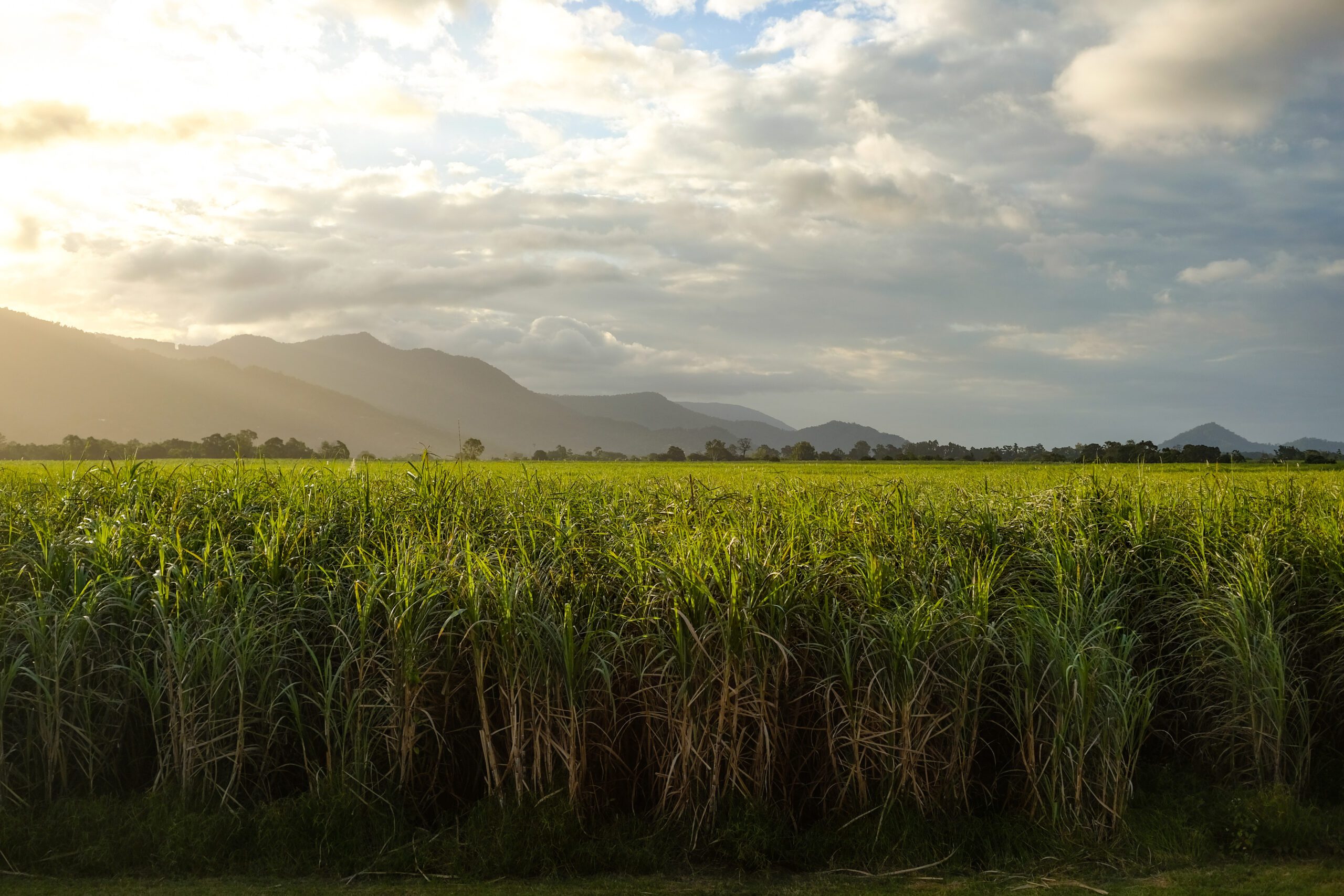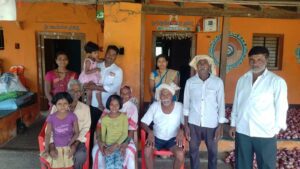scroll

Shivling Chowgla, a farmer from Belgaum district in Karnataka, India, lives in a bustling joint household with his wife, parents, and brother’s family. Farming serves as the family’s primary source of income, with sugarcane as their primary crop. Shivling has implemented an intercropping system on their three acres of land where he cultivates cabbage, chili, and millets between the sugarcane. Three years ago, the family made the transition to organic farming. Shivling discovered that organic farming isn’t merely about avoiding synthetic inputs; it involves building a symbiotic relationship with the soil. By enriching the soil’s microbiome, he has improved its structure and water-holding capacity.
Shivling recalls how the soil was hard and unyielding prior to changing practices. This compacted soil limited both air and water flow, causing low land productivity and reduced crop yields. Since the transition, he has noticed improved soil texture, structure, and porosity, increasing crop productivity.
“It is difficult to preserve soil when we do not know what it needs,” Shivling shared, articulating a challenge many farmers face. However, Boomitra’s farmer app provides him and over 10,000 other Indian farmers real-time soil health insights. The app delivers essential data on moisture, nutrients, and plant health directly to farmers’ phones, free of charge. “The app has empowered us to manage our land more effectively and optimize its productivity,” Shivling added.
Shivling emphasizes the instrumental role that their local partner Subhiksha has played in the transition to organic farming practices. Subhiksha conducts quarterly, week-long training sessions in Cowjalli, attracting farmers from various districts. The synergy between Boomitra’s digital insights and Subhiksha’s hands-on training has been transformative, equipping farmers like Shivling to navigate their land’s complexities.
These days, Shivling employs a range of improved practices. One such practice includes the application of Jeevamrutham, a chemical-free, zero-waste liquid fertilizer made with cow urine and dung. Jeevamrutham fortifies the soil with nutrients such as nitrogen, phosphorous, and calcium while stimulating microbial activity to boost soil fertility. “We apply neem tree oil to the crops to combat pests and insects without harmful pesticides,” Shivling noted, adding that both practices are particularly effective during India’s hot months.
Shivling has big hopes for future generations of his family to take up farming. “Farms are a great place to work. We work hard for the health of our land and crops, and the physical labor it takes to do this helps us stay healthy as well.”
Shivling said farming came to him naturally, and he implicitly trusts the land and its processes. “Through farming, we were given the opportunity to grow healthy, nutritious food for people everywhere. There is no greater purpose than this.”

Shivling and his family.



